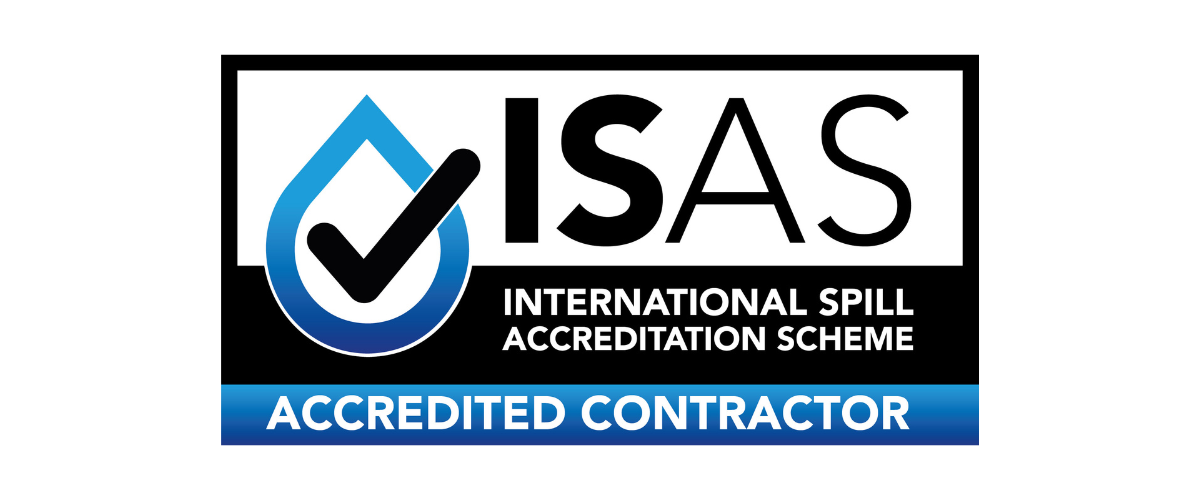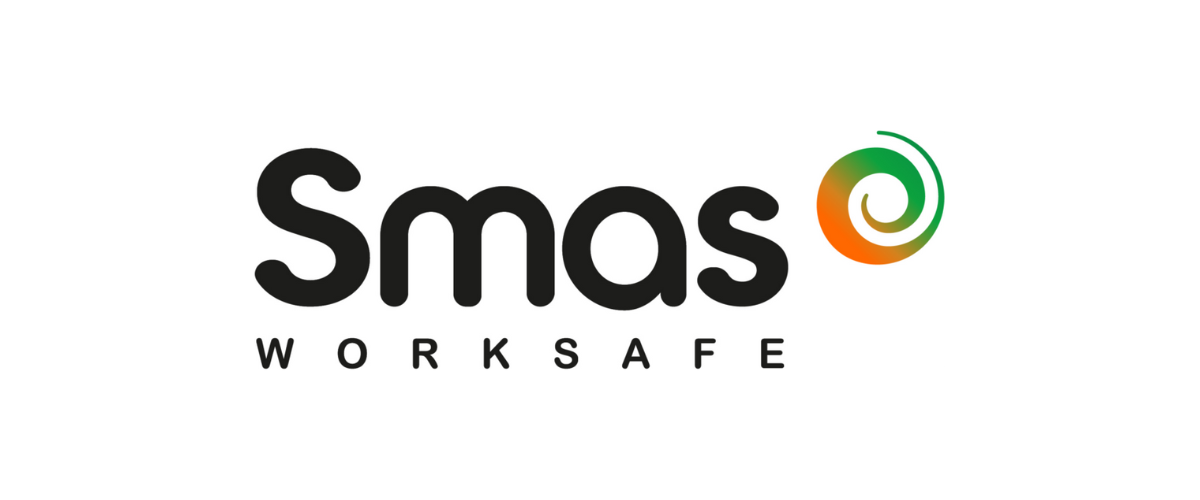With decades of experience in separator management, GPT ensure you remain compliant with legislation through 6-monthly Audits and a 5-yearly Service.
Interceptor Audits
Stay Compliant
Contrary to some business’ (financially motivated) recommendation, there is no regulatory requirement to send a tanker to empty your interceptor of water every 6 months (unless the oil or silt levels are critical).
The operation and maintenance of oil separators are governed by BS EN 858-2:2003 Separator Systems for Light Liquids (e.g. oil and petrol). As per this British Standard, oil and petrol interceptors should be inspected at least every six months by qualified personnel. So, a full tanker service isn’t always necessary at each interval. A structured inspection schedule is of course essential and helps identify issues early - reducing long-term costs and environmental risks.
GPT’s interceptor audits are conducted by experienced environmental consultants (not just general contractors/tanker drivers), which ensures any faults or inefficiencies are accurately diagnosed, and appropriate action is recommended.
Key Benefits of GPT Interceptor Audits include:
Without a compliant maintenance regime, interceptors may fail to contain spills - resulting in pollution incidents and potential prosecution by environmental authorities.
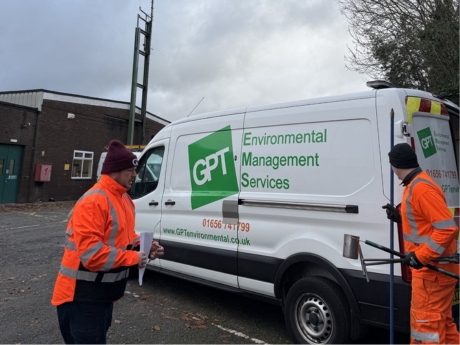
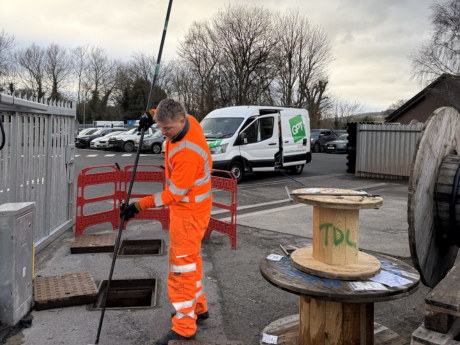
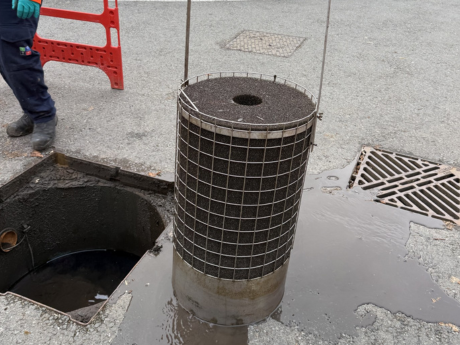
Six Monthly Audits
Our approach to interceptor audits amalgamates the requirements of British standard BS EN 858-2, typical manufacturer recommendations, the (now withdrawn) PPG 3, as well as our own additional checks to provide a service which meets and exceeds regulatory requirements.
A typical inspection includes:
This report can serve as a record of due diligence, helping demonstrate your compliance during audits by ISO 14001 auditors or environmental regulators such as the EA, SEPA, NIEA, or NRW.
.png)
GPT Interceptor Maintenance
We provide maintenance for all makes of interceptor, including: SPEL, Morclean, Kingspan, Klargester, Conder, Premier Tech Aqua, Camplas.
Our team is fully equipped to inspect every type of system: Class I and Class II Interceptors, Bypass Interceptors, Full Retention Interceptors.
We also maintain all makes of interceptor alarms including Labkotec, Darcy, AquaSentry, Pyramid, Kingspan.
For tailored advice or to book your next interceptor inspection, contact GPT today on 01656 741799. We are here to help you stay compliant, protect the environment, and reduce operating costs.












